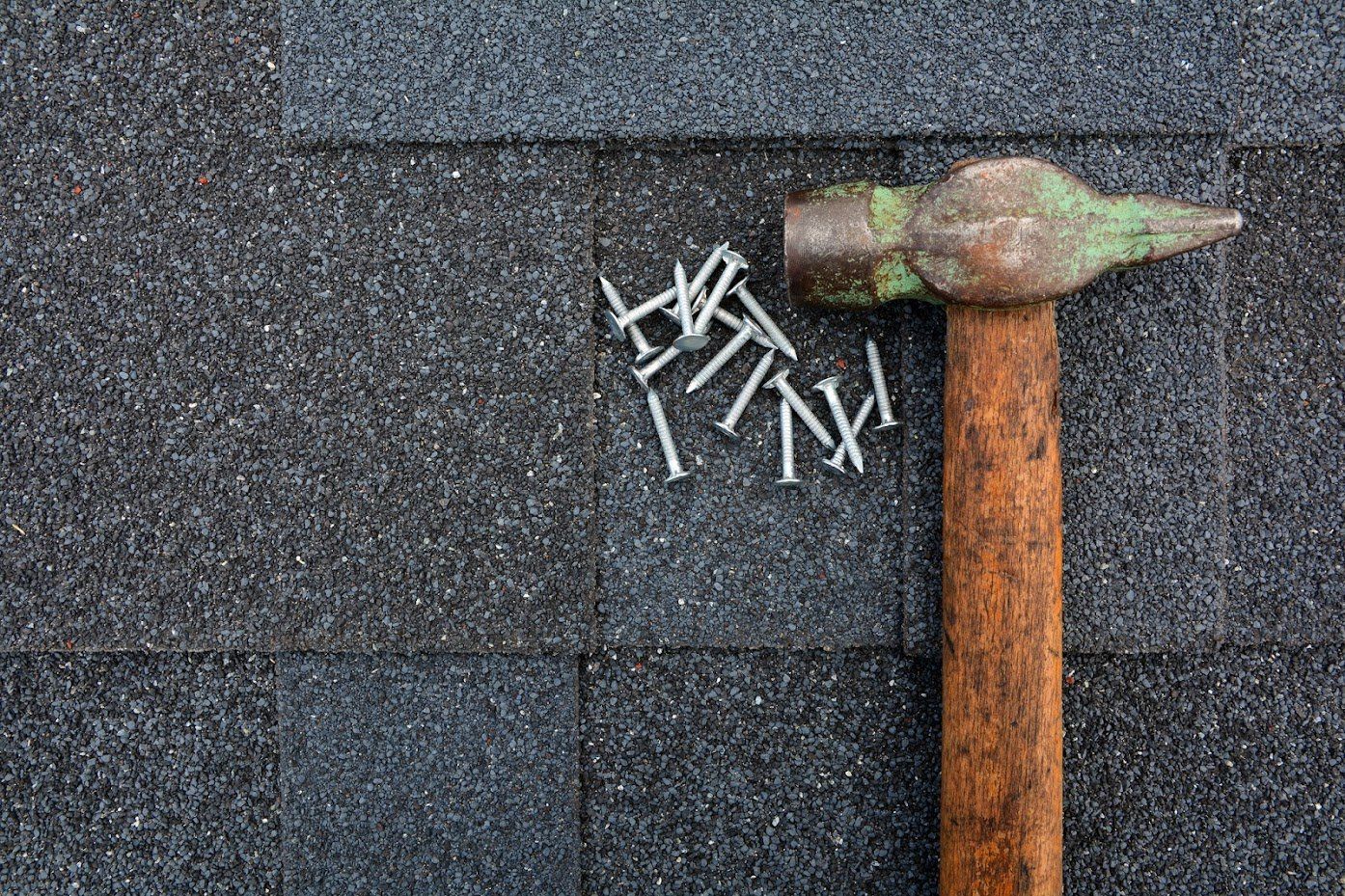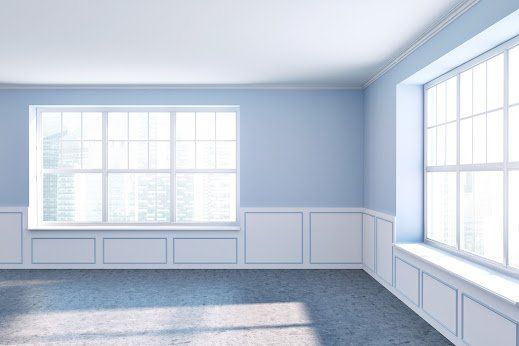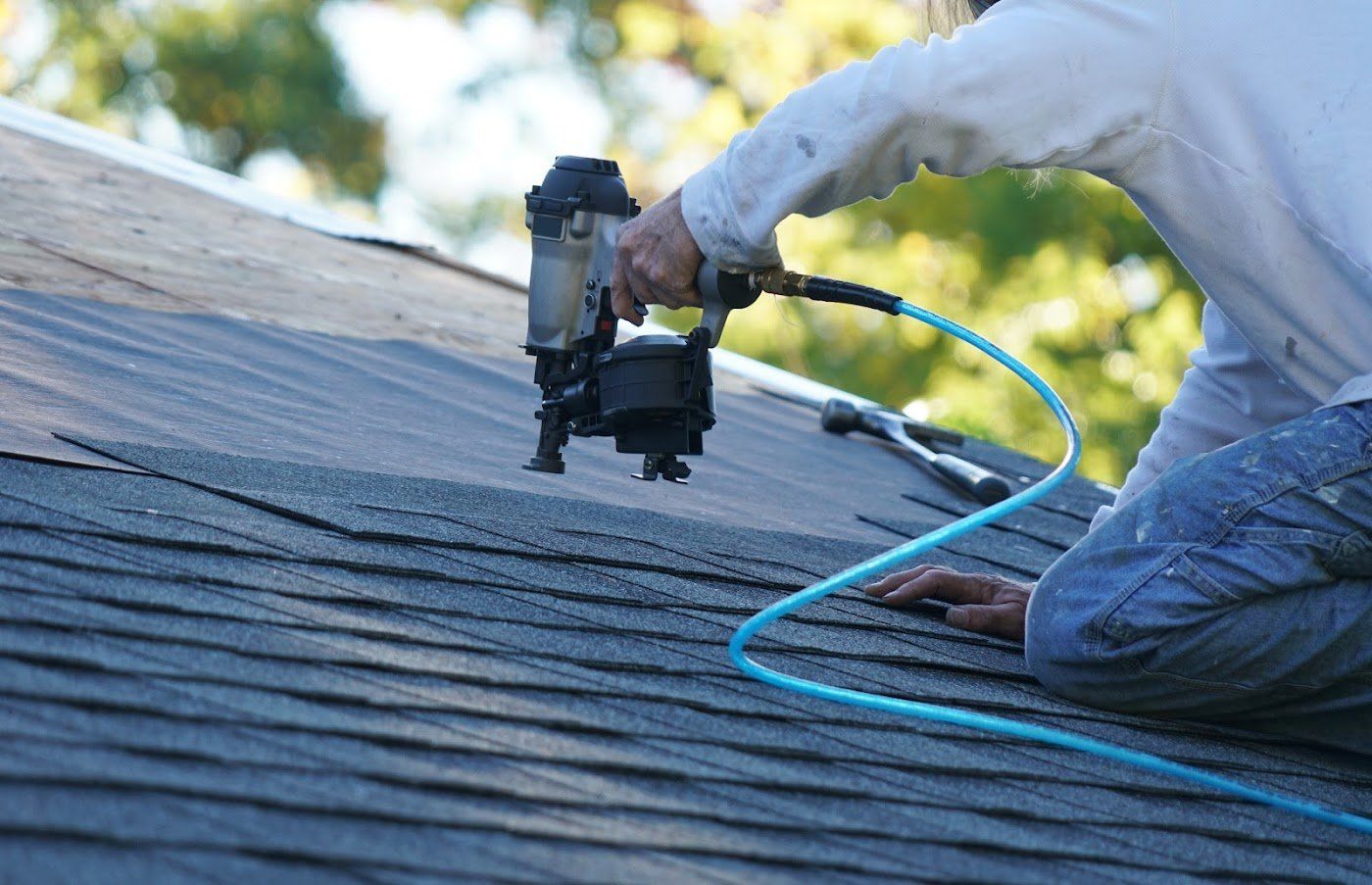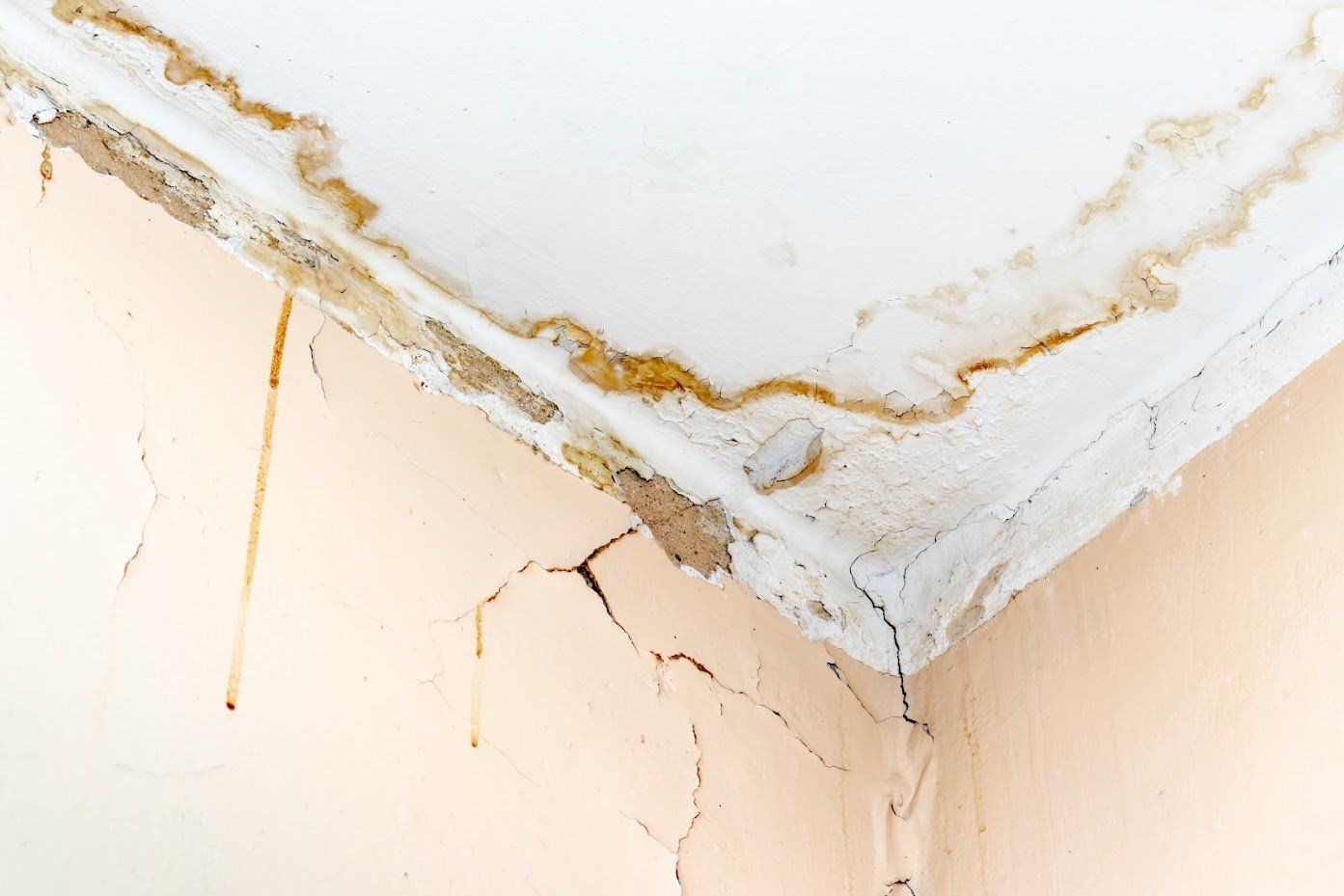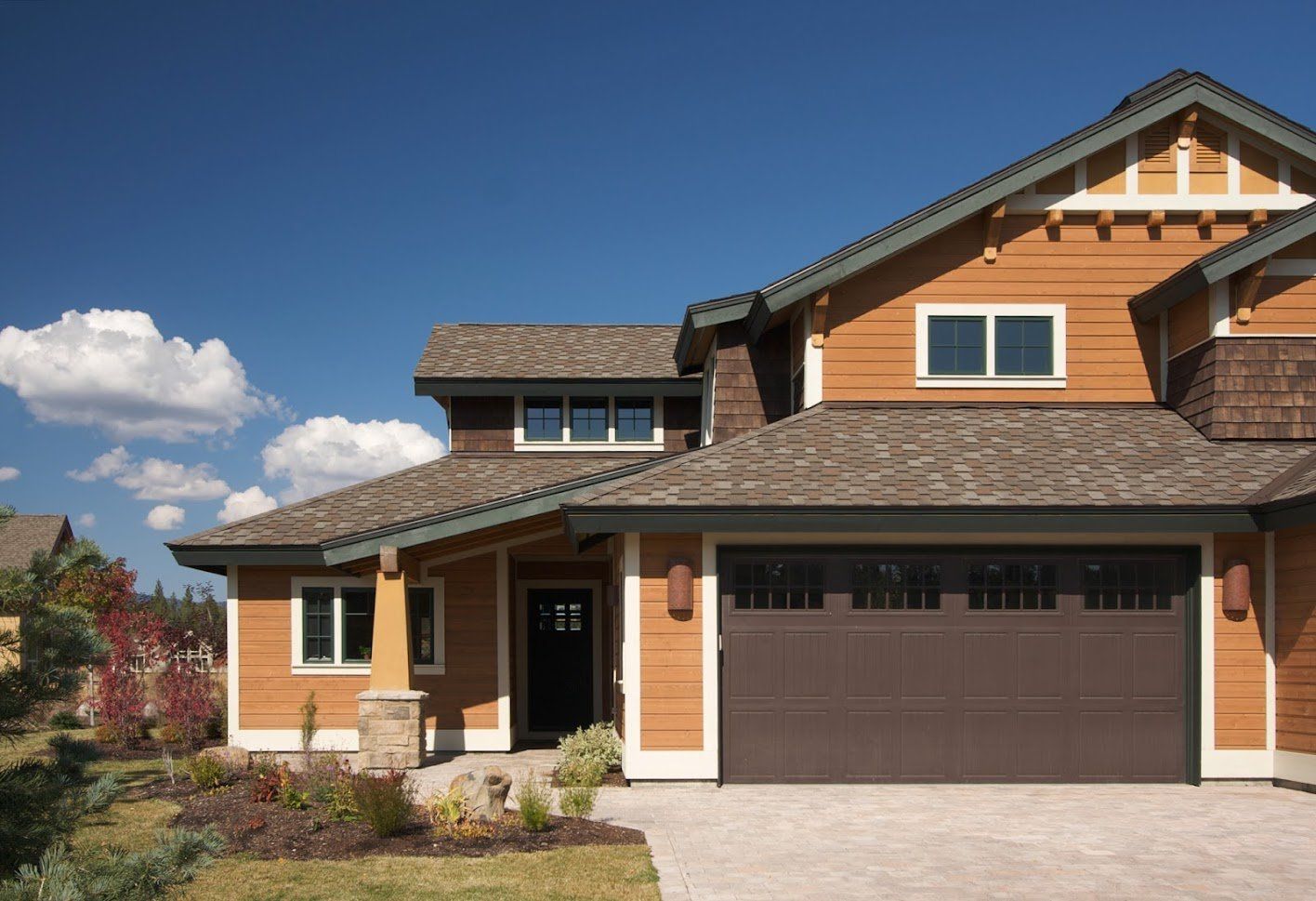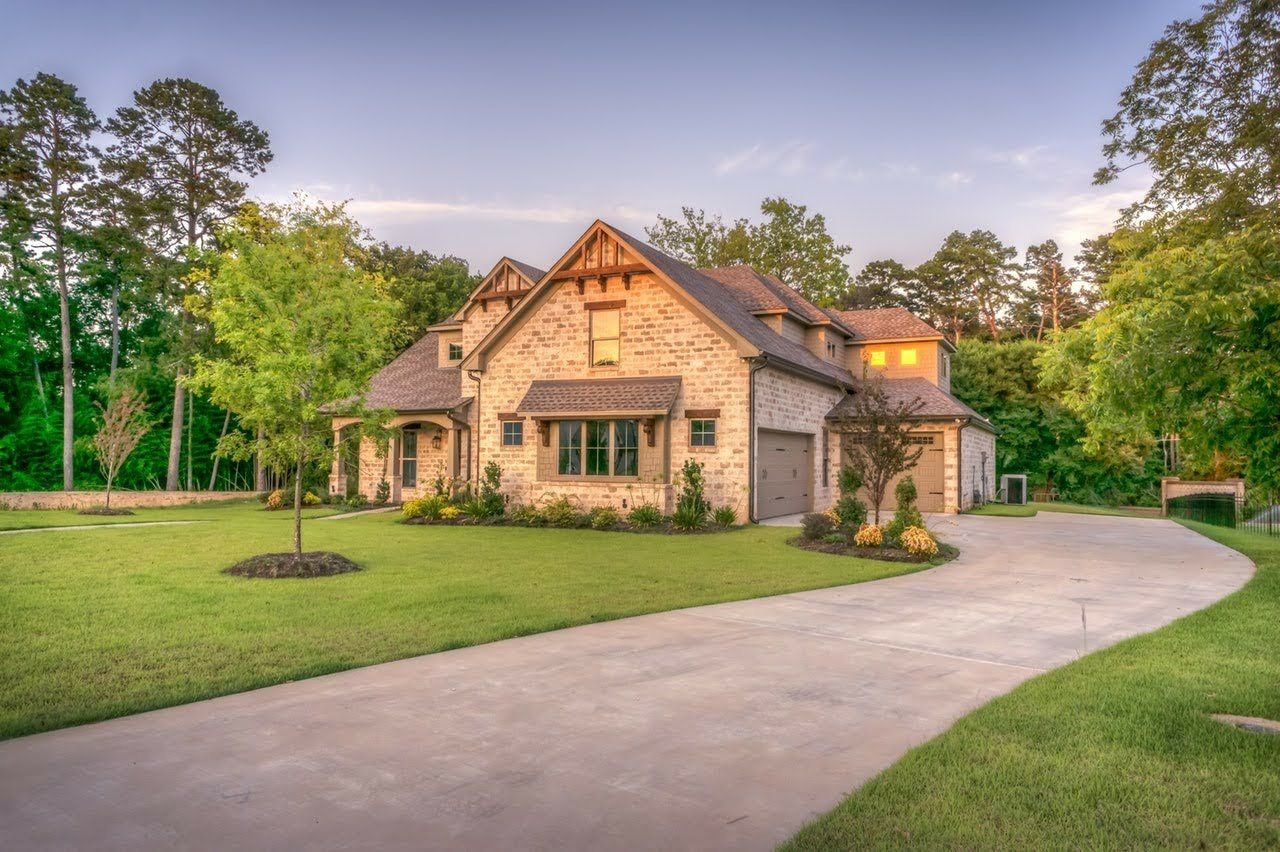A Guide to Choosing Replacement Windows Based on Your Needs
- By Admin
- •
- 17 Jan, 2020
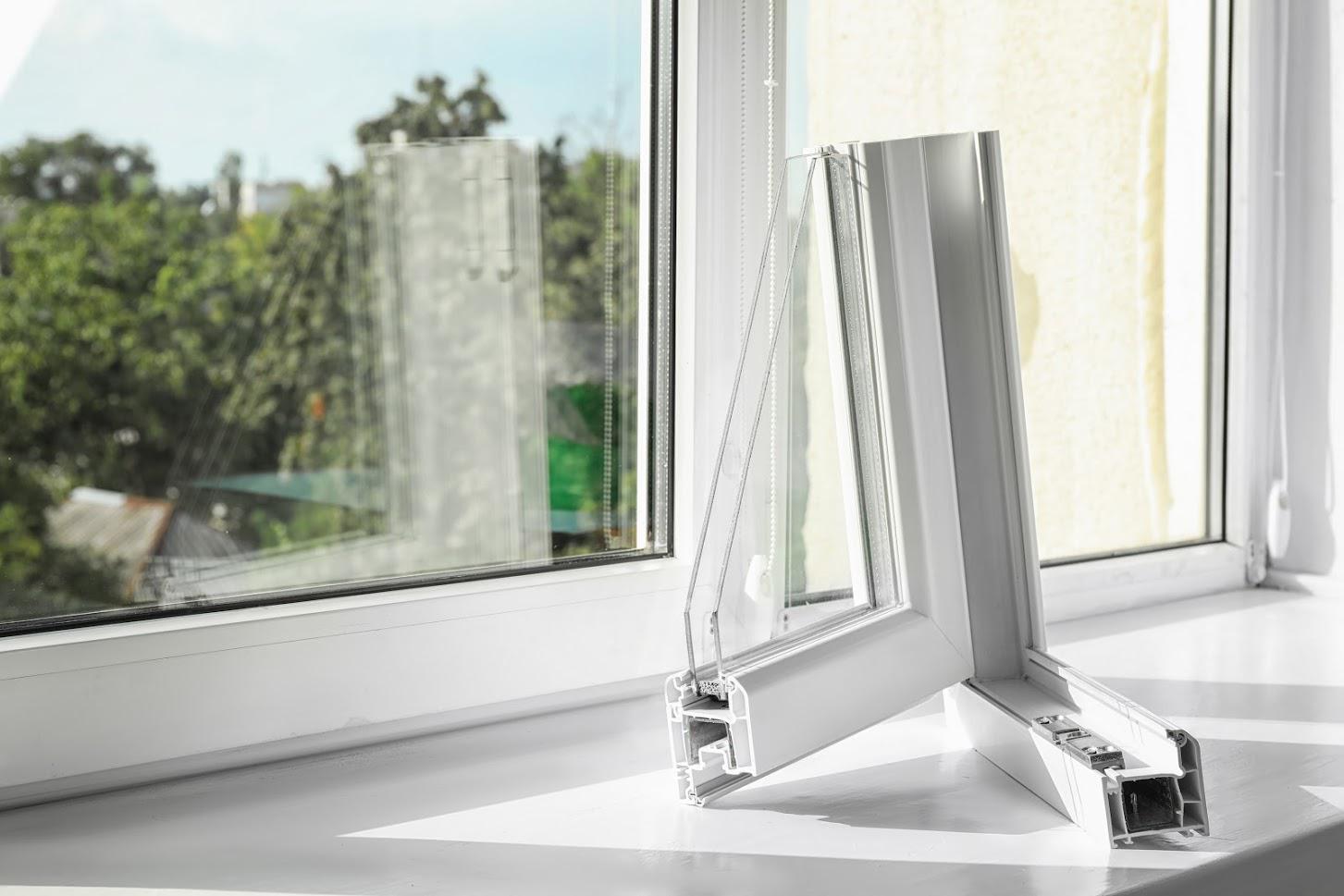
If you plan to replace your home windows soon, then you may be overwhelmed with all of your replacement window options. Many window frame and glass options are available today, along with a wide variety of window styles. Make choosing your new windows easier by deciding what qualities you want your new windows to have and/or what existing window problem you have that you would like to eliminate.
Read on to learn how to choose your replacement windows based on what you want and need most in your new windows.
You Want to Save Energy
If your home heating bills have been sky-high this winter and your house is filled with older or single-pane windows, then you may want windows that will reduce your home heating and cooling bills. When are windows considered old? The average lifespan of well-maintained home windows is about 20 years.
When choosing new windows that will increase the energy-efficiency of your home, first, be sure to choose double-pane glass. The average homeowner reduces their home energy bills by up to $465 a year when replacing single-pane windows with double-pane windows.
Also, look for windows with a low U-factor rating. The U-factor rating of a window designates how much heat can transfer through the window. A window with a low U-factor keeps the heat inside of your home where it belongs in the winter instead of allowing it to shift outdoors through the window.
When choosing your window frames, opt for insulated vinyl, insulated fiberglass, or wooden frames, which are all energy-efficient options.
You Want to Reduce Noise Pollution from Outdoors
If you can hear the conversations of people walking down the sidewalk or the sound of traffic on a regular basis when inside of your home, then you may want windows that block as much outdoor noise as possible.
While many factors influence how soundproof a home is, the factor that is easiest to change is the sound transmission class (STC) of your windows. Windows with a high STC rating block more outdoor noise than windows with lower STC ratings.
Single-pane windows have an STC rating that is much lower than the average double-pane window’s STC rating. Switching from single- to double-pane windows can reduce noise pollution in your home dramatically.
However, special soundproof windows are available that have exceptionally high STC ratings that block even more noise. These windows are made of thicker glass and have more airspace between glass panels.
Outdoor noise pollution cannot only travel through glass but also through leaky seals surrounding old windows. Windows with tight seals block this noise while also blocking window drafts.
You Want a Good Return on Your Investment
One home improvement project that typically offers a great return on investment (ROI) is window replacement. When replacing your home windows — specifically if they are vinyl — you can often expect an ROI of about 85 percent. According to CNBC, the only home improvement with an average greater return on investment is replacement vinyl siding.
When choosing replacement windows with a good ROI, you want windows that increase home energy efficiency while improving curb appeal. Choose windows that are Energy Star–certified, so prospective buyers will know at a glance that your new windows are energy efficient. In addition, ensure your windows are properly installed to eliminate any drafts around the windows.
Be aware that if a potential home buyer inspects the home before making an offer, the home inspectors will likely check for drafts around windows, faulty window locks, broken window elements, and difficulty opening or closing windows. If they find any of these problems, the buyer may ask you to reduce your selling price or ask for you to pay for window replacement before they buy your home.
If you know you want new windows but have had trouble choosing your replacement windows due to the numerous window options available today, then keep these guidelines in mind. Contact Ratliff Enterprises, Inc., to schedule replacement window installation today.
Read on to learn how to choose your replacement windows based on what you want and need most in your new windows.
You Want to Save Energy
If your home heating bills have been sky-high this winter and your house is filled with older or single-pane windows, then you may want windows that will reduce your home heating and cooling bills. When are windows considered old? The average lifespan of well-maintained home windows is about 20 years.
When choosing new windows that will increase the energy-efficiency of your home, first, be sure to choose double-pane glass. The average homeowner reduces their home energy bills by up to $465 a year when replacing single-pane windows with double-pane windows.
Also, look for windows with a low U-factor rating. The U-factor rating of a window designates how much heat can transfer through the window. A window with a low U-factor keeps the heat inside of your home where it belongs in the winter instead of allowing it to shift outdoors through the window.
When choosing your window frames, opt for insulated vinyl, insulated fiberglass, or wooden frames, which are all energy-efficient options.
You Want to Reduce Noise Pollution from Outdoors
If you can hear the conversations of people walking down the sidewalk or the sound of traffic on a regular basis when inside of your home, then you may want windows that block as much outdoor noise as possible.
While many factors influence how soundproof a home is, the factor that is easiest to change is the sound transmission class (STC) of your windows. Windows with a high STC rating block more outdoor noise than windows with lower STC ratings.
Single-pane windows have an STC rating that is much lower than the average double-pane window’s STC rating. Switching from single- to double-pane windows can reduce noise pollution in your home dramatically.
However, special soundproof windows are available that have exceptionally high STC ratings that block even more noise. These windows are made of thicker glass and have more airspace between glass panels.
Outdoor noise pollution cannot only travel through glass but also through leaky seals surrounding old windows. Windows with tight seals block this noise while also blocking window drafts.
You Want a Good Return on Your Investment
One home improvement project that typically offers a great return on investment (ROI) is window replacement. When replacing your home windows — specifically if they are vinyl — you can often expect an ROI of about 85 percent. According to CNBC, the only home improvement with an average greater return on investment is replacement vinyl siding.
When choosing replacement windows with a good ROI, you want windows that increase home energy efficiency while improving curb appeal. Choose windows that are Energy Star–certified, so prospective buyers will know at a glance that your new windows are energy efficient. In addition, ensure your windows are properly installed to eliminate any drafts around the windows.
Be aware that if a potential home buyer inspects the home before making an offer, the home inspectors will likely check for drafts around windows, faulty window locks, broken window elements, and difficulty opening or closing windows. If they find any of these problems, the buyer may ask you to reduce your selling price or ask for you to pay for window replacement before they buy your home.
If you know you want new windows but have had trouble choosing your replacement windows due to the numerous window options available today, then keep these guidelines in mind. Contact Ratliff Enterprises, Inc., to schedule replacement window installation today.






